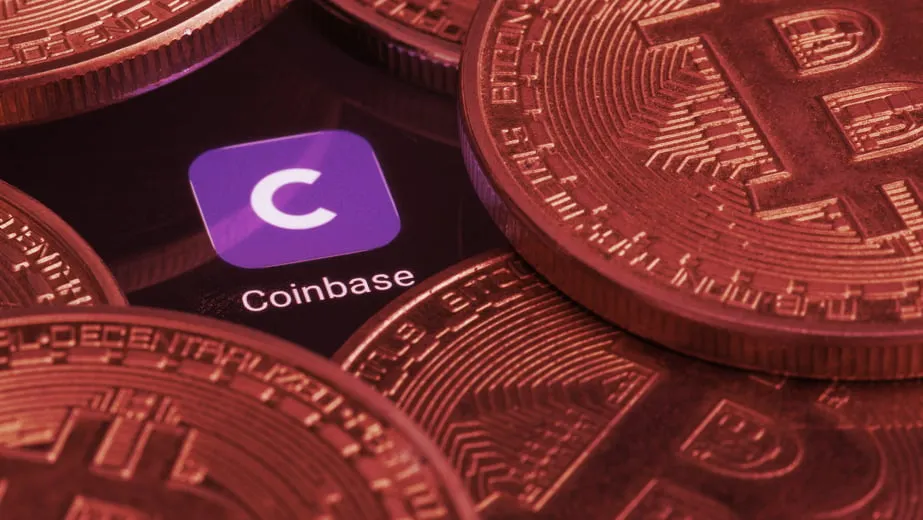In brief
- The Ukraine Minister of Digital Transformation requested that major crypto exchanges block Russian users.
- Exchanges have thus far declined to do so.
- Instead, Coinbase and others are pointing toward their compliance with international sanctions.
Coinbase "will not institute a blanket ban on all Coinbase transactions involving Russian addresses," despite a request from a Ukrainian government official to do so.
A spokesperson for the popular U.S.-based exchange told Decrypt, "A unilateral and total ban would punish ordinary Russian citizens who are enduring historic currency destabilization as a result of their government’s aggression against a democratic neighbor."
Ukraine has raked in $20 million in Bitcoin donations earmarked for military support since being invaded by Russian forces. But it's aware that its enemy can just as easily use cryptocurrency to get around sanctions or relieve economic pressures on its people.
Over the weekend, Ukraine's vice prime minister and Minister of Digital Transformation, Mykhailo Fedorov, publicly appealed to "all major crypto exchanges to block addresses of Russian users." Fedorov tweeted in English: "It's crucial to freeze not only the addresses linked to Russian and Belarusian politicians, but also to sabotage ordinary users."
Coinbase joins a list of other cryptocurrency exchanges that have declined to meet the Ukrainian government's request.
Binance, the world's largest cryptocurrency exchange by trading volume, told CNBC on Monday: “Crypto is meant to provide greater financial freedom for people across the globe. To unilaterally decide to ban people’s access to their crypto would fly in the face of the reason why crypto exists.”
Kraken CEO Jesse Powell wrote on Twitter, "Our mission is better served by focusing on individual needs above those of any government or political faction. The People's Money is an exit strategy for humans, a weapon for peace, not for war."
Crypto.com declined to comment on the matter to Decrypt, while FTX founder Sam Bankman-Fried, who has several times testified before Congress about blockchain technology, has not yet responded to a request for comment.
Most, including Powell, however, make clear that they'll comply with sanctions if they are expanded to individual citizens.
Happy to see that regulated exchanges will only comply with legal sanctions. Pressure to have them pick and choose who else to exclude is anti-democratic. It’s asking private corporations to ban persons without any public process.
— Jerry Brito (@jerrybrito) February 28, 2022
Coinbase, which is not available to Russian users, nonetheless doesn't restrict its clients from transacting with Russia-based addresses. The spokesperson said, "We will continue to implement all sanctions that have been imposed, including blocking accounts and transactions that may involve sanctioned individuals or entities."
The Russian government, as well as individuals in government and wealthy businessmen, have already been hit with sanctions from Europe, the U.K., the U.S. and several other countries. A recent decision by Western nations to prevent the Russian central bank from tapping much of the $630 billion it holds in foreign reserves, combined with other sanctions, has had knock-on effects for the Russian economy. Reports out of Russia show long lines at ATM machines as people look to pull out cash in the event of a full-fledged financial crisis. The price of the ruble plummeted by almost 30% against the U.S. dollar today.
The Ministry of Digital Transformation, which Fedorov heads, has been very active on the cryptocurrency front. In September, it shepherded legislation to formally legalize cryptocurrency; late last year it oversaw a central bank digital currency project.

